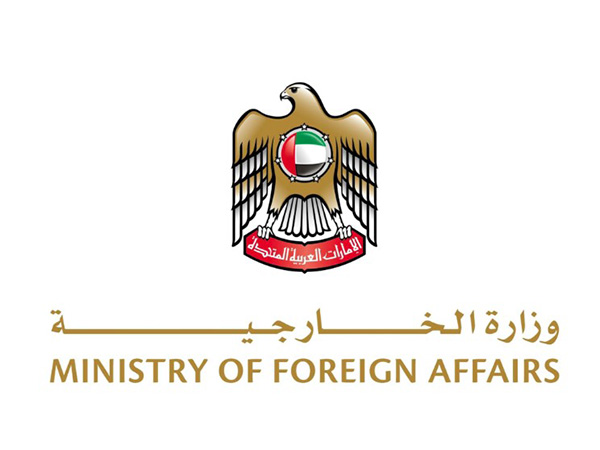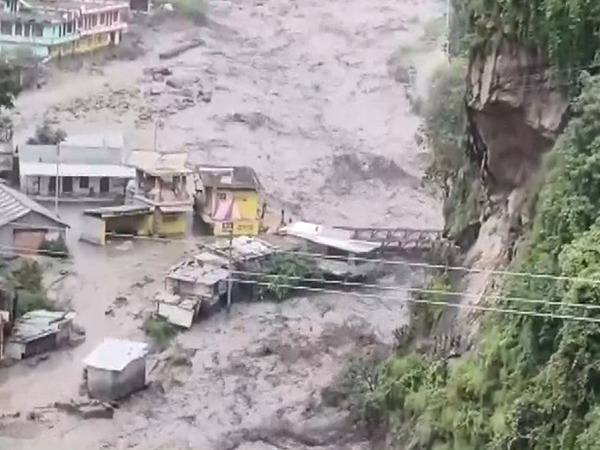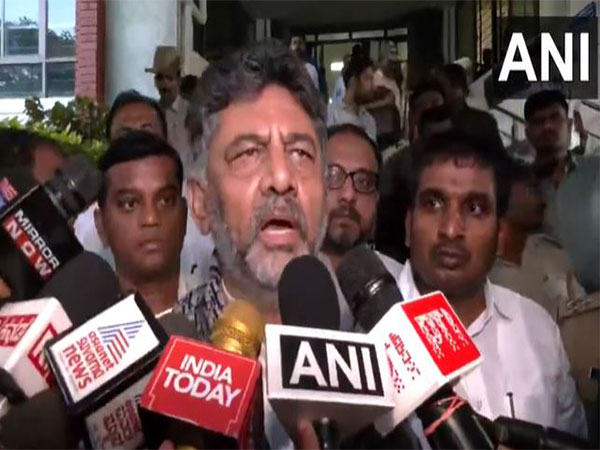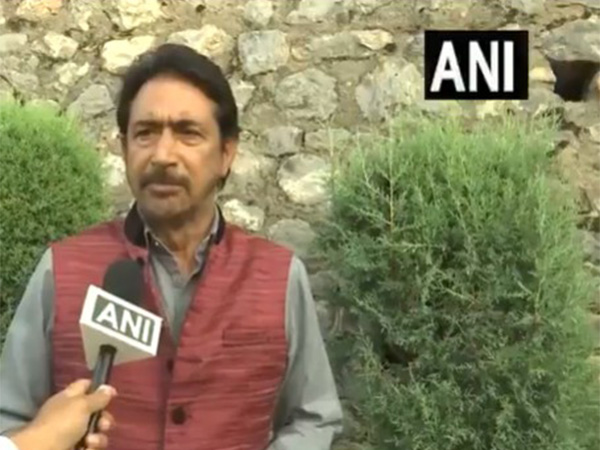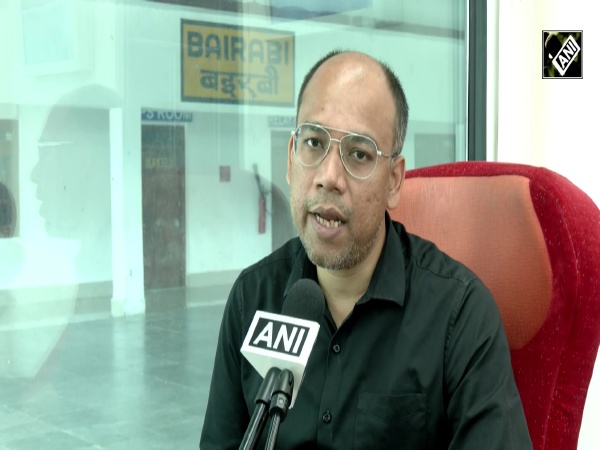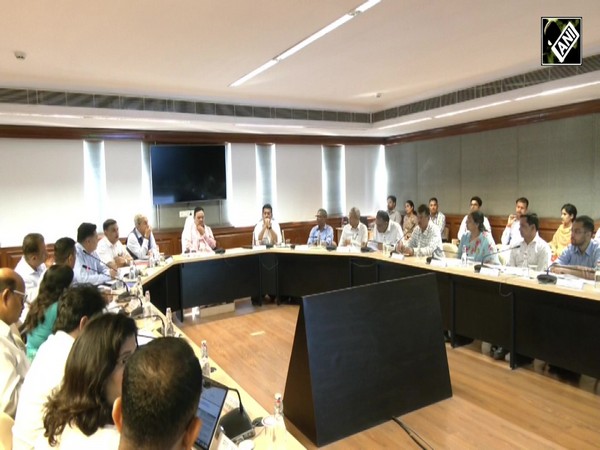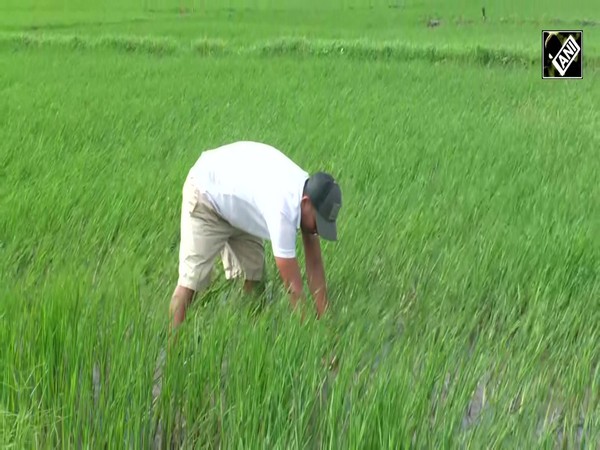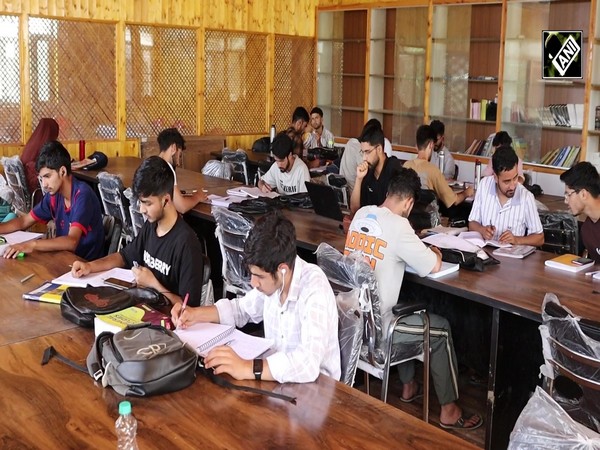Afghanistan reports shortage of lifesaving support for mothers as winter grips crisis-wracked country
Dec 17, 2021

Kabul [Afghanistan], December 17 : As the winter season continues to grip Central Asia, Afghanistan has started reported shortages of equipment, supplies and lack of heating facilities in crisis-wracked Afghanistan.
The Malalai Maternity Hospital in Kabul is handling the birth of 85 babies on daily basis, according to UN News. However, the ongoing crisis in the country is drastically undermining the staff's capacity to care for their patients, the report said.
"Shortages of equipment, supplies and medicine, a lack of fuel and heating facilities, especially now with winter approaching, and uncertain support from partners are just some of the challenges we're facing," said Shahla Oruzgani, head midwife at the maternity hospital.
Dr. Aqila Bahrami, who works at the Ahmad Shah Baba Hospital, said the outlook in her hospital is no better. "We used to receive regular support from an international NGO, but their staff left in the aftermath of the events in August. Now we are in serious need of medical supplies," she told the UN reproductive and sexual health agency, UNFPA.
According to UN News, these two hospitals were among the first in Afghanistan to receive emergency reproductive health kits from UNFPA. They contain essential drugs, medicine and equipment to ensure safe deliveries and support the reproductive, maternal and newborn health needs of at least 328,000 people.
Since the Taliban's take over of Kabul in August, more and more women have been seeking maternal healthcare from the Malalai hospital, many of them internally displaced from the northern provinces of Afghanistan into the capital, the report said.
Oruzgani believes that the situation could get far worse should the healthcare system fail completely.
UN estimates warn that the current humanitarian emergency and suspension of lifesaving reproductive services for women and girls could cause up to 58,000 additional maternal deaths.
"The kits are critical at this time, as hospital resources are running out and the support we were receiving has dwindled. We can't be sure where our next assistance will come from," said Oruzgani.



